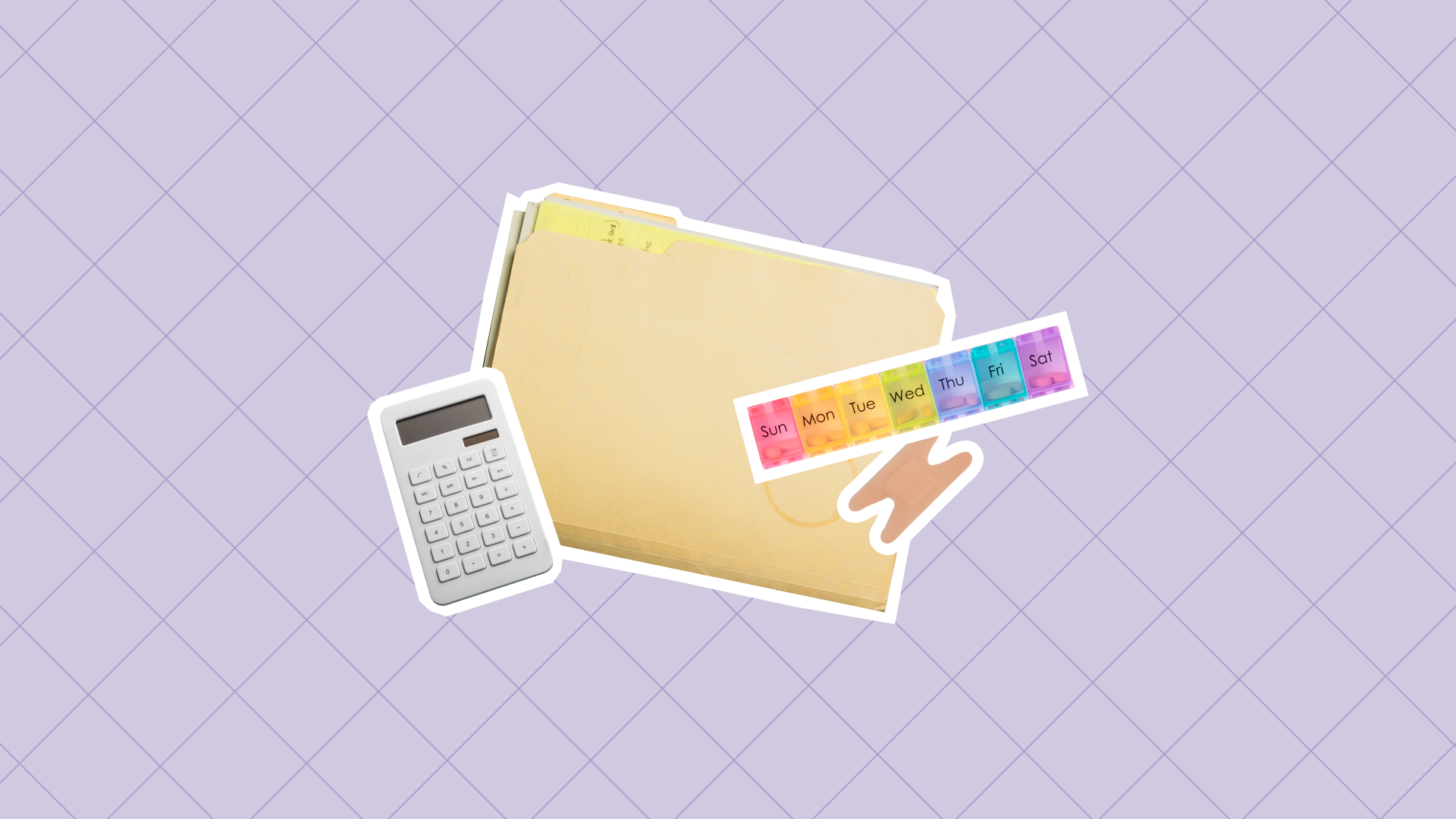Employee Benefits Vs. Perks
What are Employee Benefits?
What Are Employee Perks?
Performance-Based Employee Rewards
The Difference Between Employee Benefits and Employee Perks
How Justworks Can Help With Employee Benefits
A compensation package from an employer is about more than just salary. Employee benefits like health insurance and 401(k) contributions should also factor into an employee's offer package. Great work perks also go beyond salary and guaranteed benefits speak to your company's culture.
It’s important to know the difference between a perk and a benefit. Want to learn more about both? Download our free guide here.
Employee Benefits Vs. Perks
What are Employee Benefits?
Benefits are non-wage compensation that supplements salary. Health insurance, pre-tax transit assistance, stock options, and 401(k)s are some of the benefits you can consider for your team, and you can check our advice about how to figure out which benefits are best for your company and when your company should offer them.
Employee benefits are far more reliable than perks and cover more basic needs. Perks are like bonuses that companies offer to make their offer seem better than the competition, and can give a richer picture of the company culture, and what they value for their employees.
What Are Employee Perks?
There are a number of reasons to choose one job offer over another. Factors such as commute length and growth opportunities may factor into a person’s decision to accept a position. Many people consider these circumstantial opportunities to be perks, but don't be fooled: they’re not.
A perk typically consists of something that could help the employee perform a job better. More traditional perks at work may include a company car (which the employee also uses as a personal vehicle), discount travel fares, and exclusive access to premium hotel suites, while the newer breed of perks could include Summer Fridays, gym memberships, standing desks, and off-site team building activities.
Performance-Based Employee Rewards
There is another type of perk-based solely on performance over a particular period of time, such as an employee recognition program. Companies like Working Advantage help employers put together reward programs to help a starting entrepreneur recognize achievements, like tickets to a Broadway show. OfficeVibe engages with employees daily and uses gamification to get teams bonding, while Uncover not only helps you connect your team with perks, but also helps you get an employee recognition program up and running.

The Difference Between Employee Benefits and Employee Perks
Benefits are a part of an employee's salary, while perks are auxiliary, for example: rewards for exemplary work on a particular project. Many great work perks, like having fresh fruit and snacks available to employees, lounge areas, or wellness rooms, make the environment more inviting for employees.
However, perks do little to compensate an employee who is injured on the job, which is why benefits are more substantive. If you imagine a car, perks are like the large rims and powerful stereo system of an automobile. Benefits are more like the seatbelts, airbags and suspension. In short, benefits are things which people need, while perks are things that people want.
How Justworks Can Help With Employee Benefits
Justworks focuses on connecting your team with stellar benefits such as health and dental insurance, wellness benefits, and pre-tax transit assistance. By combining employee perks and benefits, you can attract top talent and retain valued employees by keeping them happy. Want to learn more about the benefits you can get through Justworks? Contact us – we’re here to help!
Learn more with Justworks’ Resources
Scale your business and build your team — no matter which way it grows. Access the tools, perks, and resources to help you stay compliant and grow in all 50 states.








